Written by Siti Khatijah Zamhari & Dr Farah Zaini
After nearly eight months of intensive research, the Self-Empowerment Module for Visually Impaired Youth in Sarawak officially launched on August 23, 2025. The historic launch took place at the Galeri Pustaka Negeri Sarawak and marked a significant milestone in advancing inclusivity and self-empowerment for persons with disabilities (PWDs) in the state.
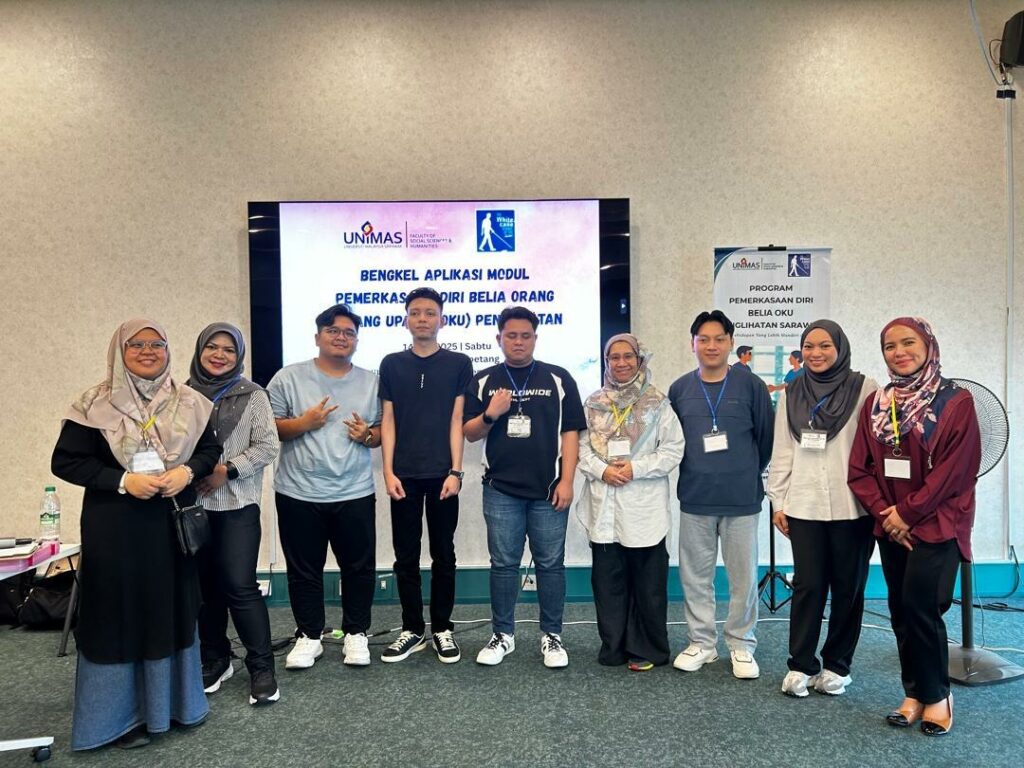
The event was officiated by The Honourable Datuk Hajah Rosey Haji Yunus, Deputy Minister of Women and Children’s Affairs of Sarawak. In her speech, she emphasized that the launch was more than a symbolic gesture, it was a clear statement of commitment to mainstream the participation and development of visually impaired youth in both social and economic spheres.
The development of this module reflects that inclusivity is not merely a slogan but a practice that demands patience, collaboration and trust. Visually impaired youth are no longer confined to the margins of society but they are now stepping forward as agents of change.
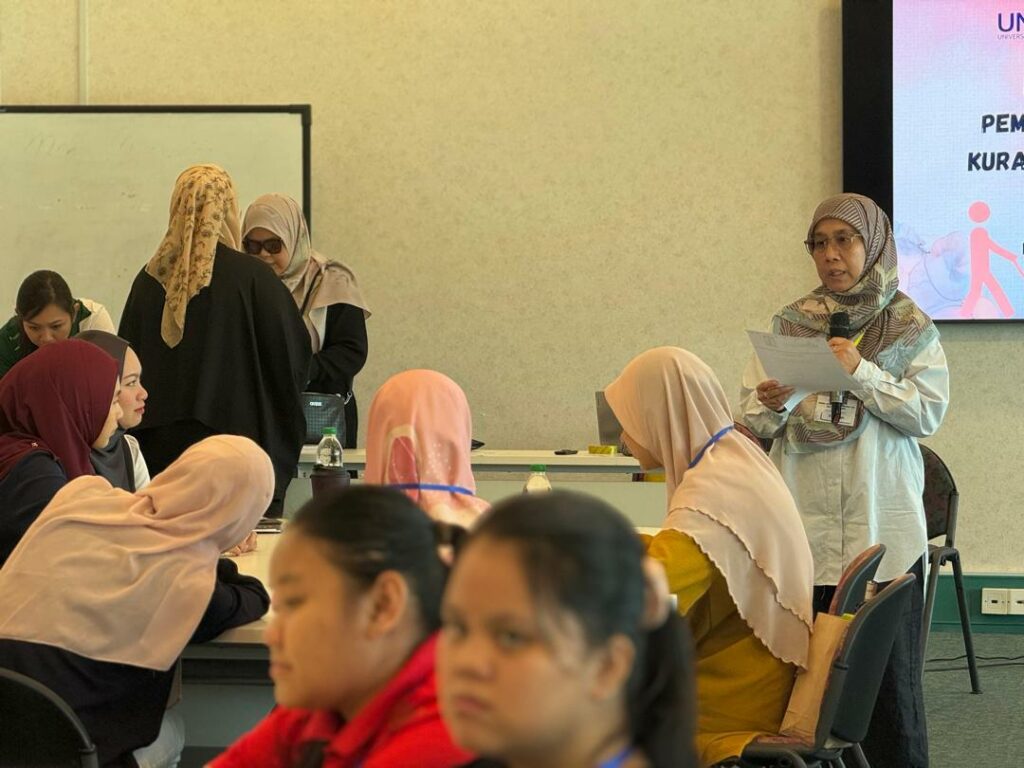
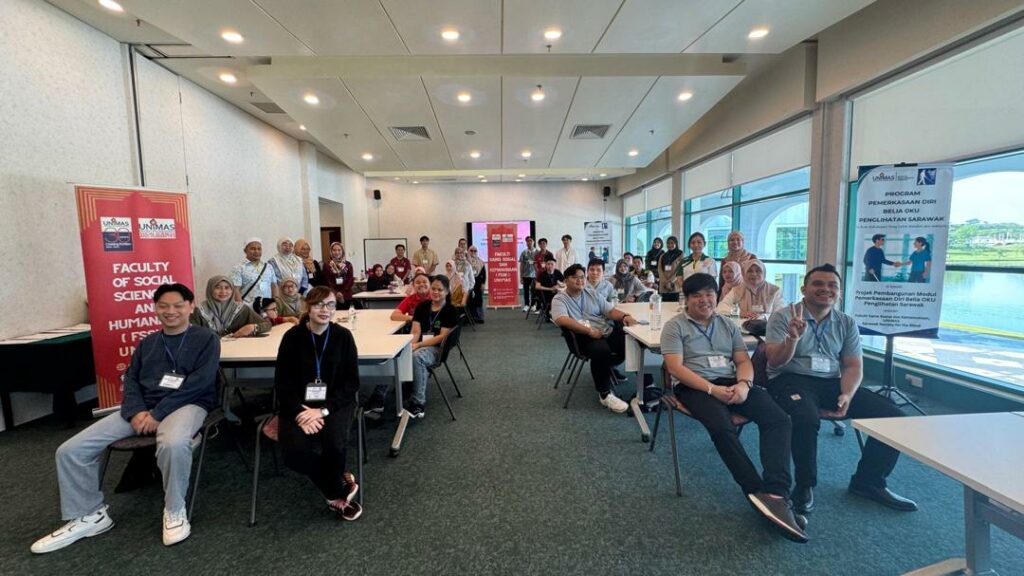
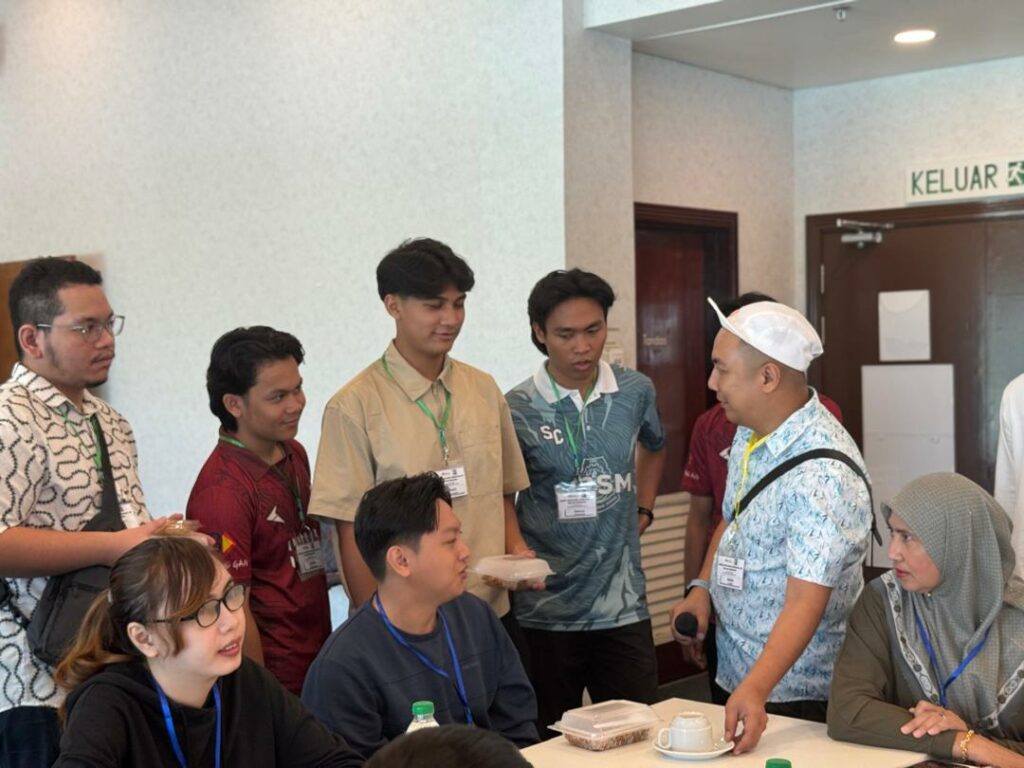
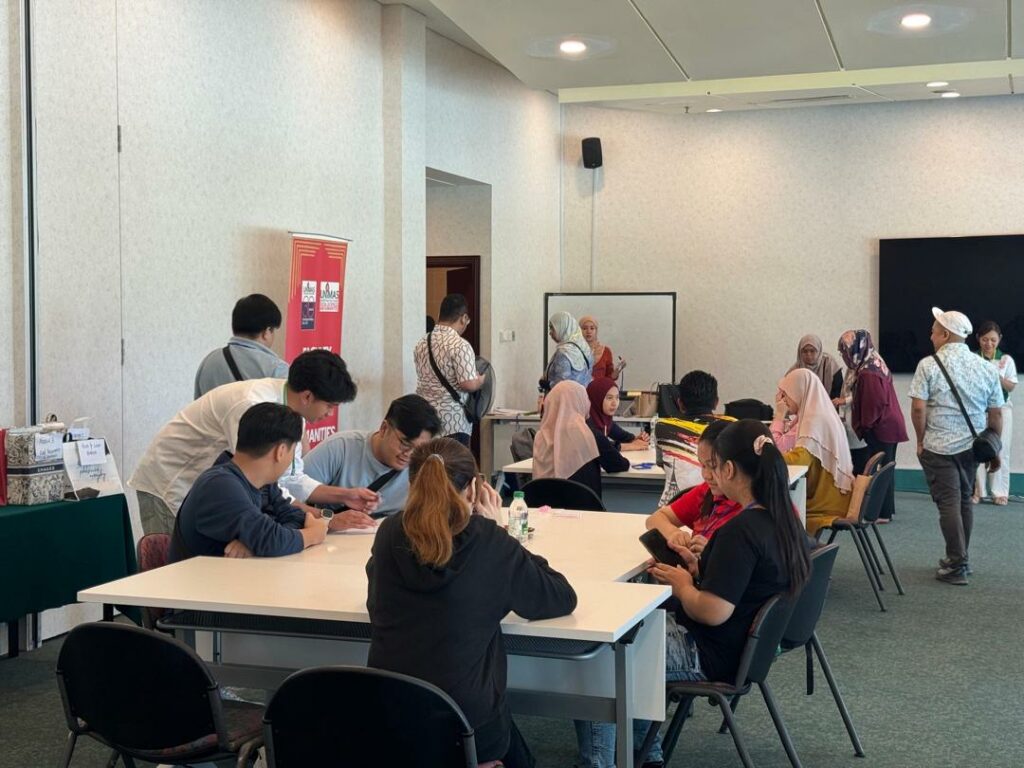
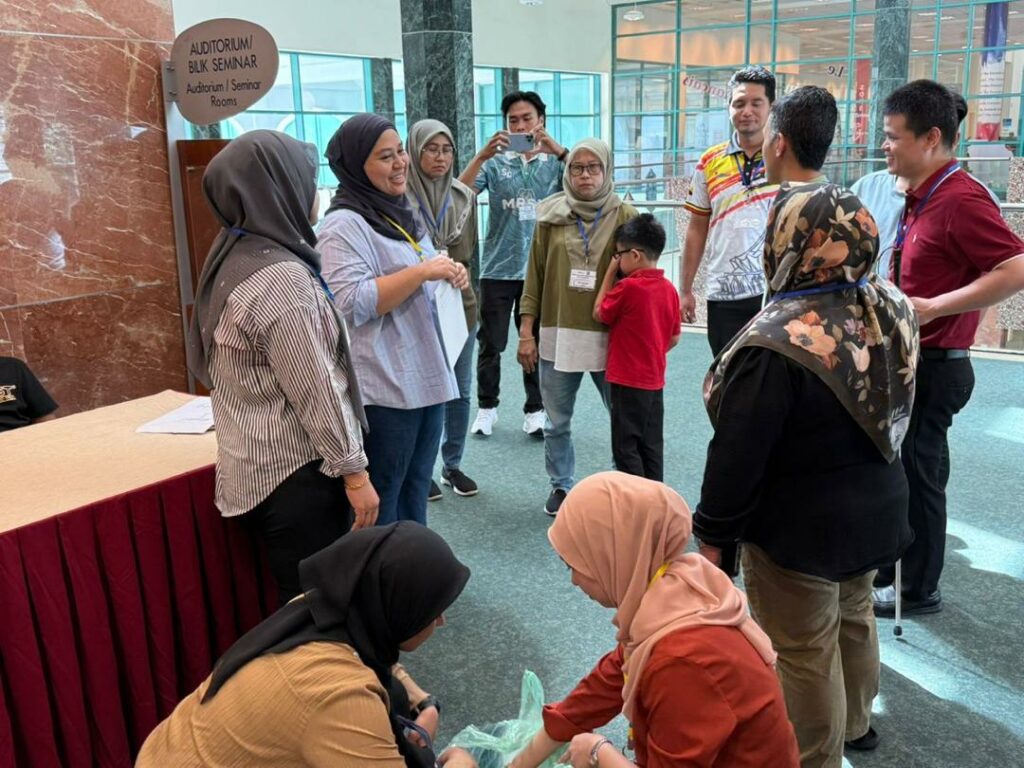
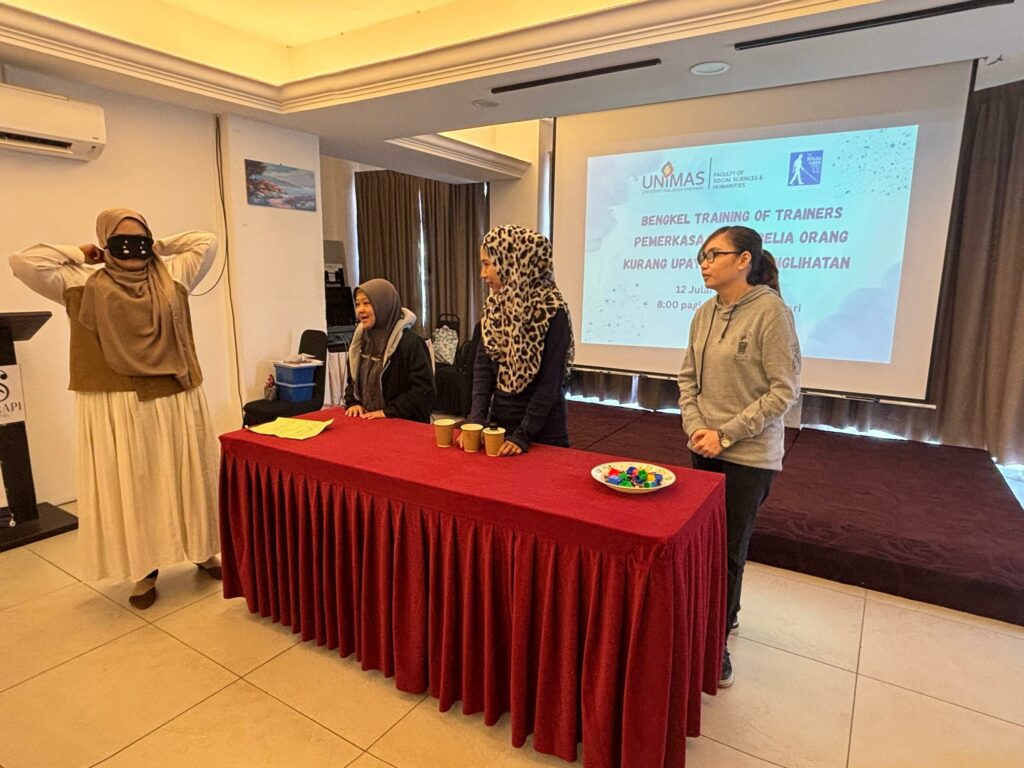
The module was developed under the Self-Empowerment Project for Visually Impaired Youth in Sarawak, funded by the Social Research Grant of the Ministry of Higher Education (MOHE). The project was led by Dr Farah Zaini from the Faculty of Social Sciences and Humanities, Universiti Malaysia Sarawak (UNIMAS) in collaboration with Sarawak Society for the Blind (SSB). According to Dr Farah Zaini, the module’s development began with focus group discussions involving visually impaired youth across Sarawak. These sessions provided a platform for participants to voice their challenges, life aspirations and experiences concerning education, employment and social inclusion. The module was not designed based on assumptions; it was shaped directly by the voices of its future users. Following these initial discussions, a series of workshops were conducted to test and refine the module’s content.
One of the key workshops was the Application Workshop, which allowed participants to engage directly with the module’s components. This served as a field test to assess comprehension, usability and overall reception. Adjustments and improvements were made based on direct feedback from the participants. Another important component was the Training of Trainers (ToT) workshop, where selected visually impaired youth were trained to act as facilitators. This approach not only tested their understanding of the module but also strengthened leadership and communication skills among the participants.
Visually impaired youth played a central role in shaping the content of the module, supported by parents, caregivers and volunteers. The strong partnership between academic institutions, local communities and government agencies demonstrated that impactful module development requires inclusive and bottom-up strategies.
This launch emphasizes the power of amplifying the voices of visually impaired youth and recognizing their abilities. It represents a strategic and sustainable step forward in empowering this community, reinforcing the shared commitment to the principles of inclusivity and equal rights, regardless of physical ability.
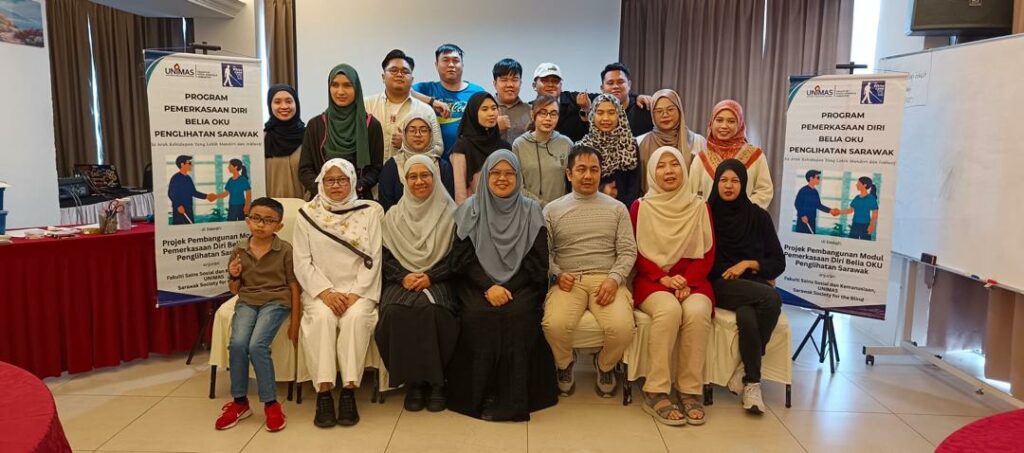
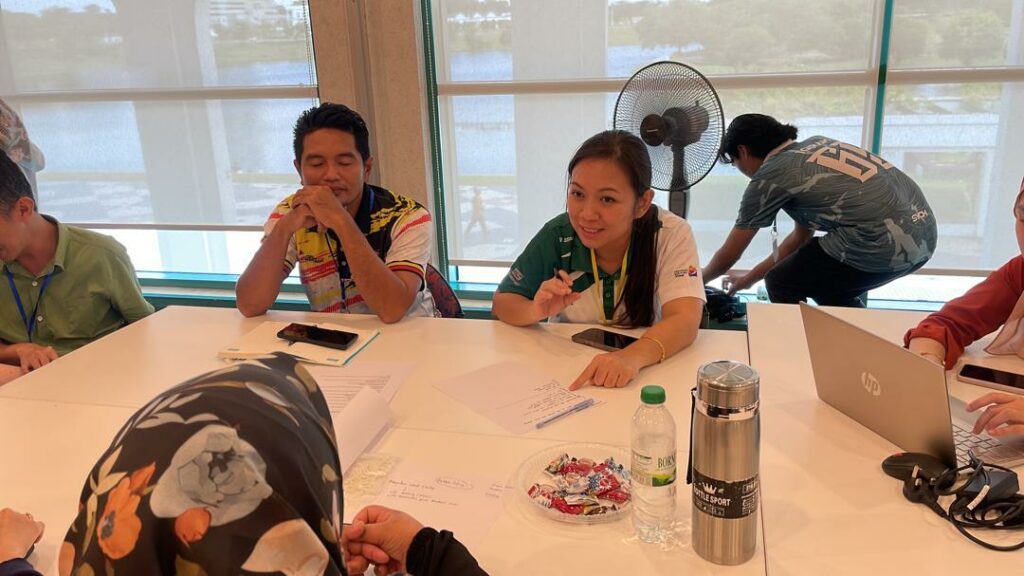
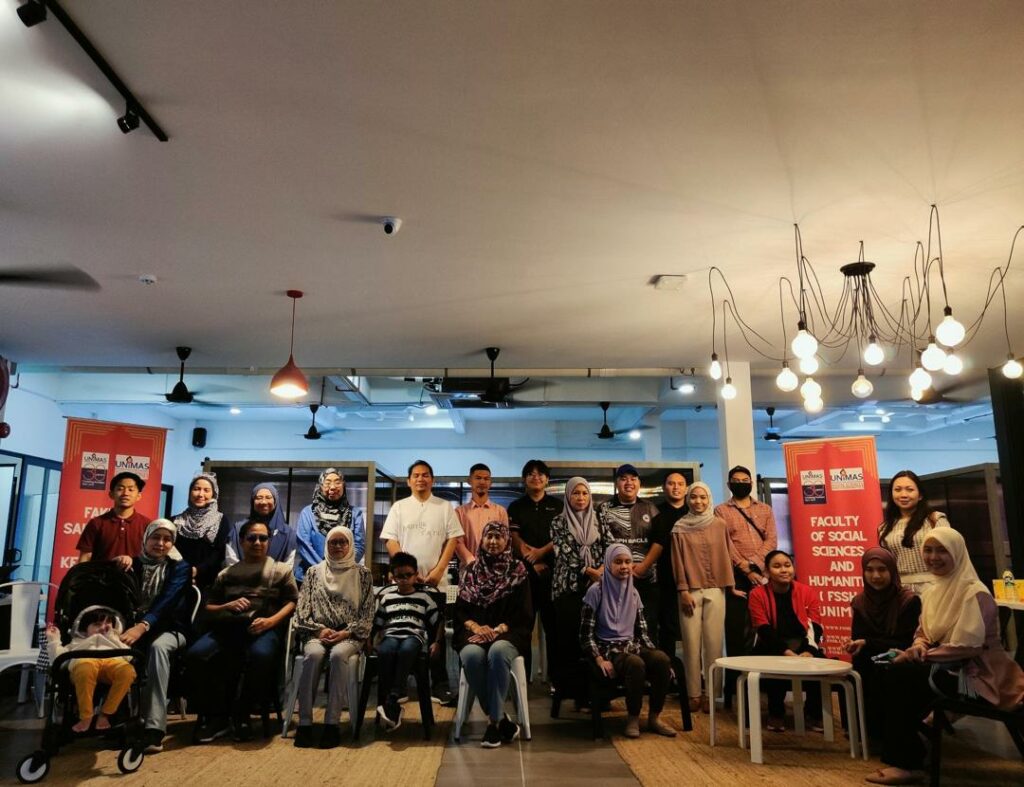
FSSH – A Partner for Social Change